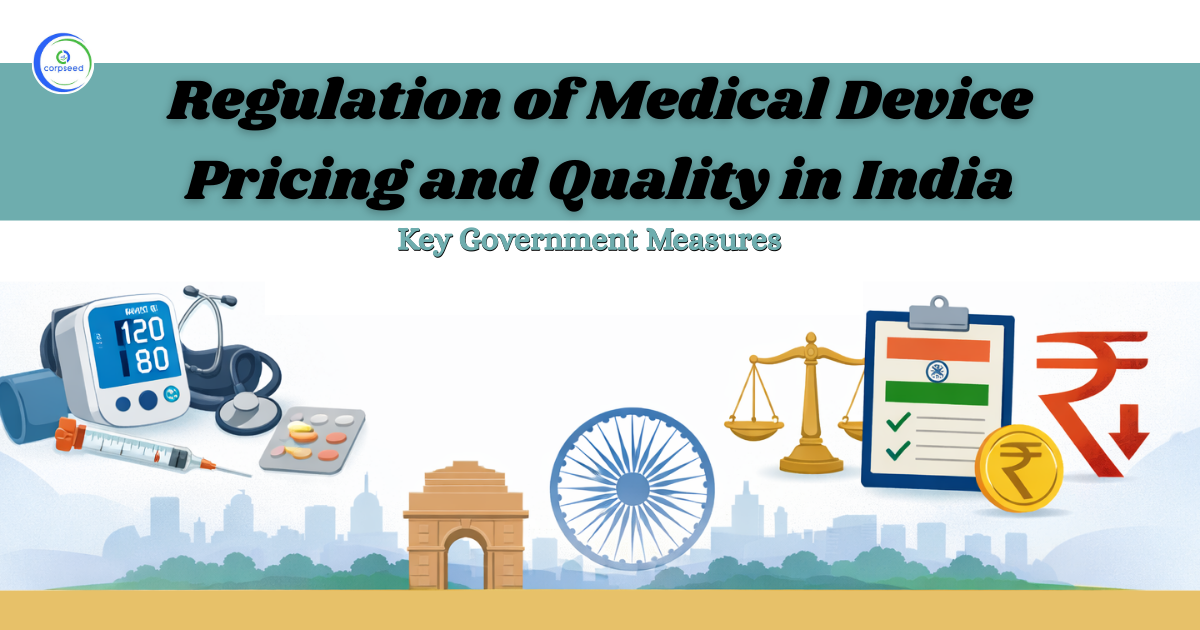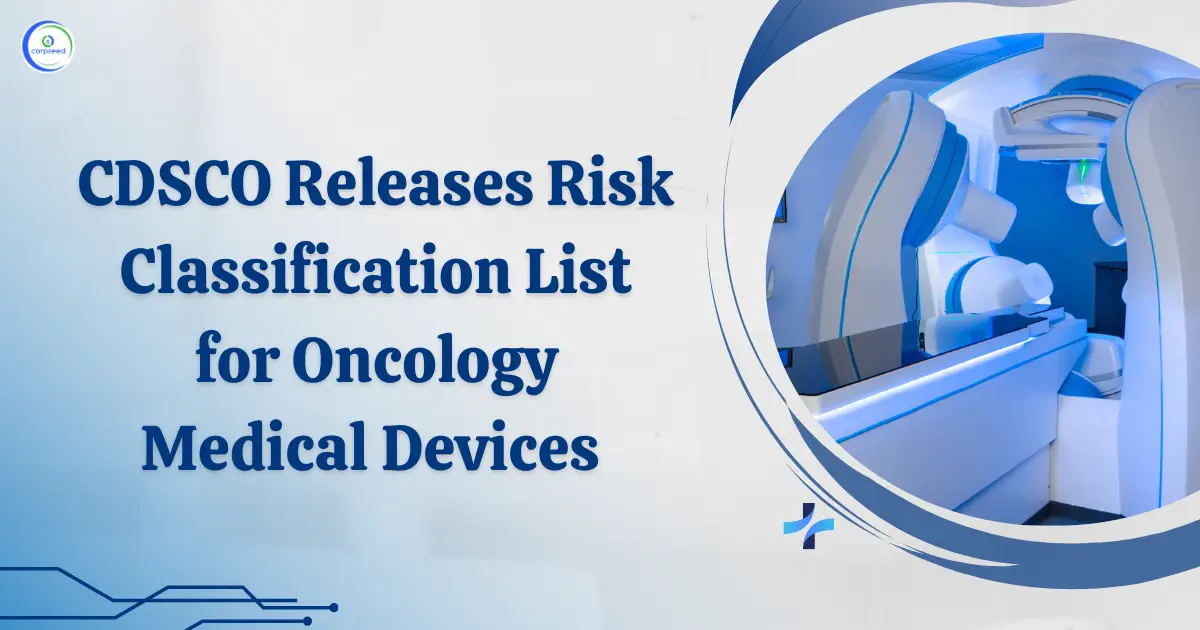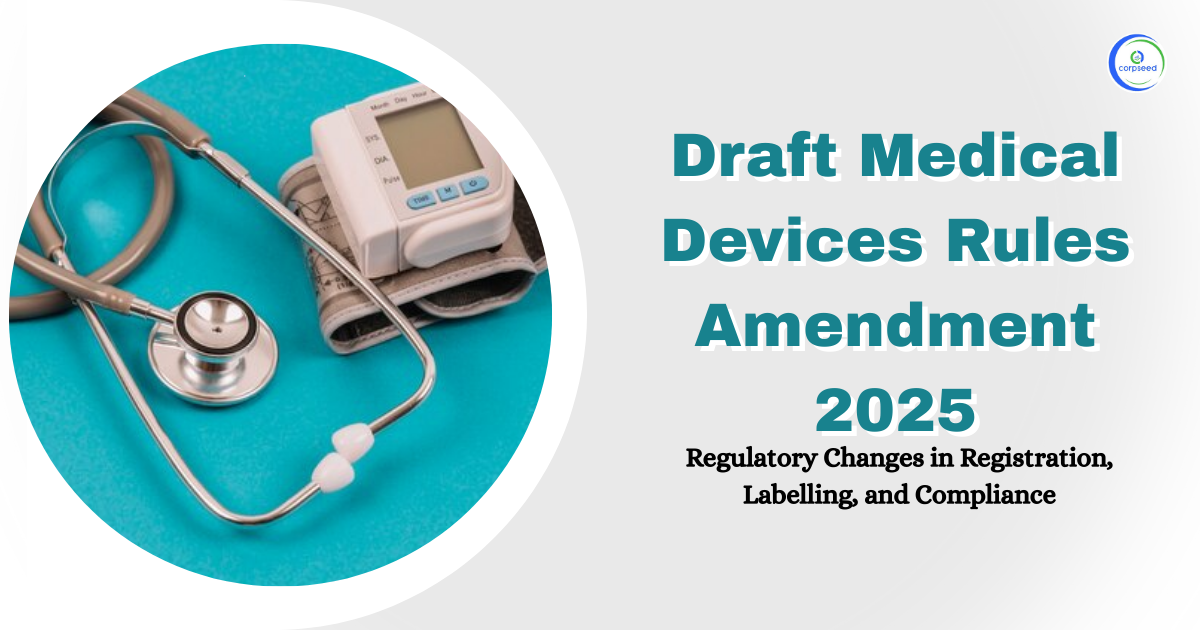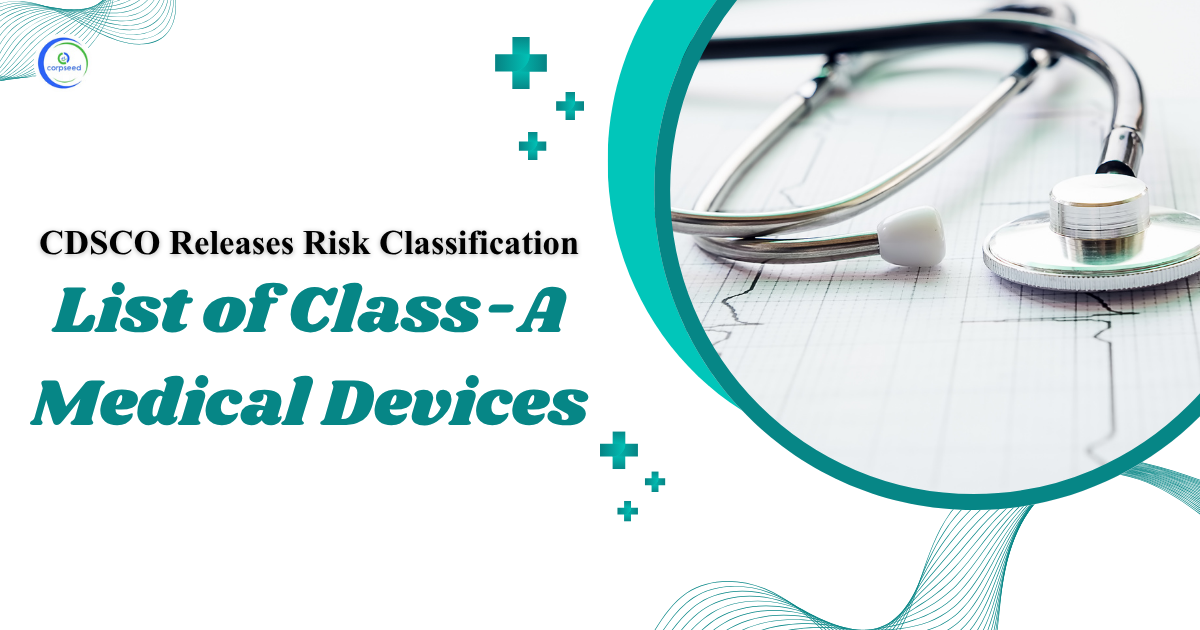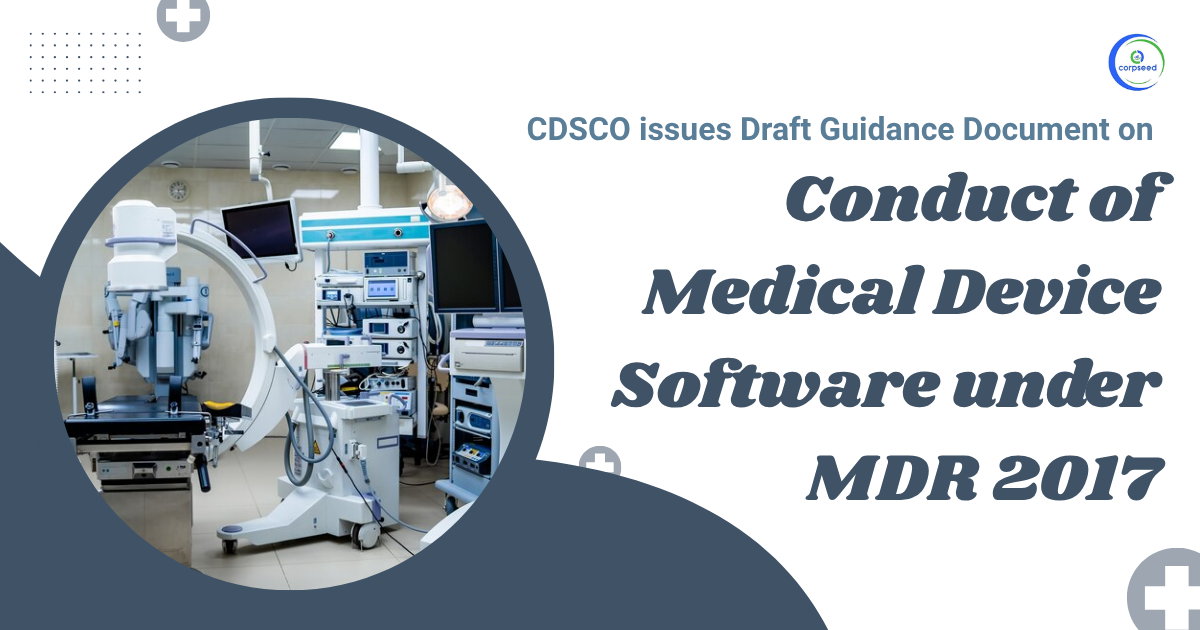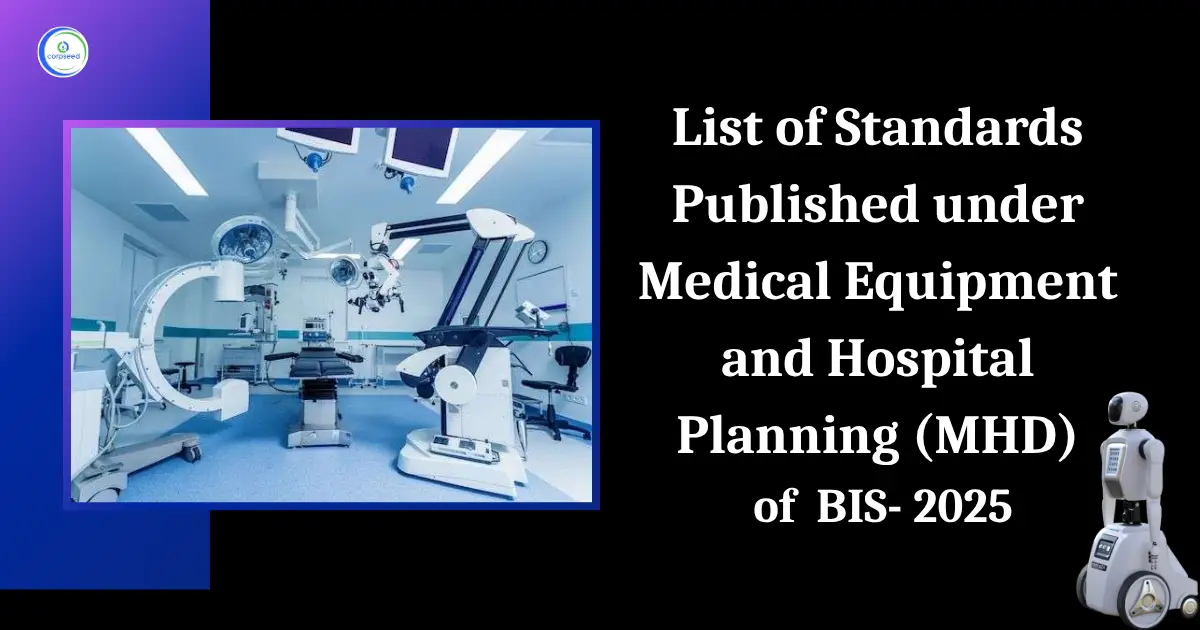Introduction of Quality Management System (QMS)
Quality management control (QMS) aids device manufacturers in enhancing and upholding the quality of their medical devices and related services while consistently meeting customer and regulatory demands.
The quality management system of medical devices offers a structure for systematically identifying, analysing, and addressing quality issues. It consists of tasks like controlling documentation, managing suppliers, and analysing and improving measurements (corrective and preventive action)
Table of Contents
- Introduction of Quality Management System (QMS)
- Significance of a Medical Device Quality Management System for Companies
- Need of Having a Quality Management System Tailored to a Specific Industry For Medical Devices.
- Rules And Guidelines That Control The Quality Management System of Medical Devices
- Certification for Quality Management of Medical Devices
- Duration Required to Put a QMS Into Practice
- A Step-by-Step Guide for getting QMS Certification for Medical Devices:
- Guidelines for Quality Management: What to Do and What Not to Do
- Conclusion
--------------Blog Contact Form-------------
In the healthcare industry, a QMS plays a crucial role in maintaining patient safety, minimizing mistakes and flaws, and enhancing the overall quality of healthcare items. QMS certification is frequently necessary for medical device manufacturers and healthcare organizations to show their dedication to quality and adherence to relevant regulations and standards
A QMS aims to guarantee that a medical device is safe and effective, while also meeting customers' needs and complying with regulations. An extensive QMS can decrease the likelihood of product recalls, lower expenses linked to low quality, and enhance customer contentment.
Significance of a Medical Device Quality Management System for Companies
Quality Management Systems are vital for the fabrication of medical devices. An extensive QMS assists manufacturers in guaranteeing regulatory adherence, uniform product quality, and heightened customer contentment. Medical device manufacturers can ensure the safety and effectiveness of their products by incorporating a QMS with elements like document control, CAPA, risk management, and supplier management
- A medical device QMS process assists in organizing and guiding the organization’s actions to comply with customer regulations and consistently enhance effectiveness and efficiency
- An established and upheld Quality Management System can influence every part of the organization/s performance
- A Quality Management system for medical devices consists of politics and procedures essential for the organization’s planning and operations
- The management of the QMS for medical devices must be kept up to date and regulated, as this can affect the organization’s capacity to fulfil customer needs
Need of Having a Quality Management System Tailored to a Specific Industry For Medical Devices.
The quality of medical care consists of characteristics that ensure that the provided medical treatment meets the patient's needs, expectations, current medical knowledge, technological advancements, and standards. Different attributes of healthcare quality are identified:
- Expertise in a specific field: It involves the theoretical understanding and hands-on abilities of medical professionals and support staff, along with their application and adherence to clinical guidelines, protocols, and standards. When it comes to evaluating a manager's abilities, primarily involves analyzing their professional expertise in creating and implementing managerial choices. The state of being easily reached or entered. This characteristic ensures that access to healthcare is not hindered by geographical, economic, social, cultural, organizational, or linguistic differences.
- Relationships between people: This aspect of healthcare quality pertains to the interactions between healthcare providers and patients, medical staff and their supervisors, the healthcare system, and the general population.
- Being efficient: Efficiency measures how effectively the economic effect is achieved about the costs. The significance of this ratio stems from the reality that healthcare resources are typically scarce, and a well-functioning medical system should deliver top-notch medical care by using available resources wisely.
- Uninterrupted flow: This feature ensures that the patient gets all required medical attention without any delays or exhausting waiting times, unnecessary interruptions, or duplicate diagnoses and treatments.
- Security: Safety, as a quality attribute, refers to reducing the likelihood of negative impacts from diagnosis, treatment, and other iatrogenic events. It is relevant for both healthcare providers and patients. Safety precautions are essential in delivering specialized and primary healthcare.
Rules And Guidelines That Control The Quality Management System of Medical Devices
- 21 CFR Part 820 of the FDA's Quality System Regulation (QSR)
- Regulation 2017/745 on medical devices in the European Union (EU)
- Indian Medical Device Regulation (MDR 2017)
- ISO 13485:2016 is a standard for quality management systems in the medical device industry.
- MDSAP refers to the Medical Device Single Audit Program.
- Regulations that are specific to each country.
Certification for Quality Management of Medical Devices
EN ISO 13485 is an efficient way to fulfill all the extensive demands of a QMS. Implementing EN ISO 13485 offers a solid base for manufacturers to tackle regulations and duties, showcasing dedication to the safety and quality of medical devices. EN ISO 13485 helps medical device manufacturers create a QMS that ensures the efficiency of their processes. EN ISO 13485 addresses various areas of medical device production processes and associated services, such as design, development, manufacturing, installation, and distribution until disposal.
Duration Required to Put a QMS Into Practice
The duration needed to set up a QMS for medical devices varies depending on multiple factors:
- The organization's size, complexity, and maturity, as well as its products
- The project's goals, aims, and anticipated outcomes of the QMS initiative
- The accessibility, participation, and skill level of the resources and stakeholders.
- The degree of synchronization, merging, and tailoring of the QMS procedures and resources.
- The level of conformity, accreditation, and verification mandated by the regulations and standards.
In general, a QMS implementation project can range from a few months to a few years based on the factors mentioned above, and usually includes the following stages:
- Planning: involves outlining the project scope, goals, outcomes, schedule, funding, team composition, and duties.
- Evaluation: evaluating the present condition of the organization as well as its offerings, pinpointing any deficiencies and chances for enhancement, and setting out the criteria and details for the QMS.
- Design: involves developing the QMS processes, procedures, documents, and records, as well as choosing the QMS tools, software, and hardware.
- Carrying out: putting in place the QMS methods, protocols, paperwork, and files, as well as setting up and arranging the QMS equipment, software, and devices.
- Testing: Conducting tests on QMS processes, procedures, documents, and records, as well as verifying and validating the QMS tools, software, and hardware.
- Training: Providing instruction to QMS users, managers, and auditors on QMS processes, procedures, documents, records, tools, software, and hardware.
- Deployment: Rolling out the QMS processes, procedures, documents, and records, as well as setting up and using the QMS tools, software, and hardware.
- Supervising: overseeing the performance, effectiveness, and efficiency of the QMS, as well as gathering and assessing QMS data and feedback.
- Assessment: assessing the results, effects, and consequences of the QMS, as well as analyzing the satisfaction and adherence to the QMS.
- Enhancement: enhancing the QMS processes, procedures, documents, and records, while also modernizing and improving the QMS tools, software, and hardware.
A Step-by-Step Guide for getting QMS Certification for Medical Devices:
- Recognize the applicable guidelines and rules.
- Create and execute a QMS that aligns with these criteria and guidelines.
- Carry out internal audits to verify adherence to regulations.
- Hire an external certification body to assess the QMS.
- Deal with any discrepancies found during the audit.
- The audit identified errors that did not meet requirements.
Guidelines for Quality Management: What to Do and What Not to Do
The key factors for success are the most important.
- Dedication from management
- The desire to enhance the organization rather than simply meeting audit requirements.
- Traditional method: The processes are described by the process owner themselves.
- Smart individuals possessing practical wisdom
- Comprehension of risk mitigation techniques
- Awareness that a quality management system is continuously maintained.
We do not encourage:
- Recording events after they have happened
- "Utilize" templates that do not precisely align with your preferred method of behavior
- Giving sole responsibility for the quality management system to the deputy in charge of quality management position
Conclusion
Implementing a quality management system early in the development of a new medical device is crucial. Implementing QMS for a medical device is a structuring framework designed to guarantee that your company possesses strong procedures, encompassing risk management, prevention, manufacturing processes, and vendor management. The key is to develop a secure and efficient solution that offers a seamless path to market. An effectively implemented quality management system helps to achieve uniformity.
This portion of the site is for informational purposes only. The content is not legal advice. The statements and opinions are the expression of author, not corpseed, and have not been evaluated by corpseed for accuracy, completeness, or changes in the law.
BOOK A FREE CONSULTATION
Get help from an experienced legal adviser. Schedule your consultation at a time that works for you and it's absolutely FREE.


